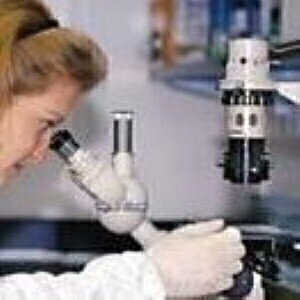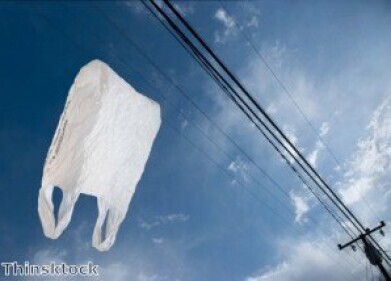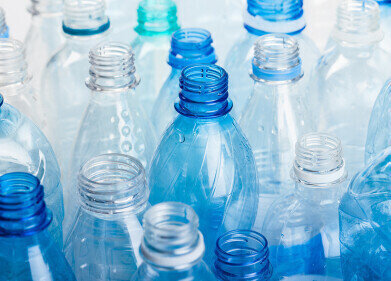Waste Management
21,000 locations in Canada 'contaminated by toxic waste'
Mar 27 2012
The Federal Contaminated Sites Survey in Canada has revealed that there are more than 21,000 locations in Canada that have been contaminated by toxic waste.
The list took quite some time to compile, but researchers are now looking to overcome the problems by studying dehalococcoides (DHC). DHC is a microbe that has been found to eat a couple of the most common chlorine-based toxic chemicals that pollute groundwater. It digests harmful toxins, and turns them into a harmless gas.
Elizabeth Edwards, a University of Toronto professor of chemical engineering is leading pioneering studies into the microbe, working in the emerging environmental field of bioremediation, which is the practice of using living microscopic organisms to decontaminate toxic waste sites.
Bioremediation has a bad reputation in the industry at the moment, with some microbes breaking down chlorinated toxics by turning the substances into vinyl chloride, which is a cancer-causing gas. But new research has suggested that bioremediation could be a legitimate form of toxic waste disposal.
There is now significant research being put into the microbe in an attempt to resolve Canada's escalating toxic waste problems.
Posted by Joseph Hutton
Events
May 05 2024 Seville, Spain
May 13 2024 Munich, Germany
May 23 2024 Beijing, China
May 23 2024 Beijing, China
Jun 10 2024 Algiers, Algeria













